After two decades of climate science, what have we learnt and what does the future hold?
In 2019 the issue has never felt more pressing, but global leaders have known about the destructive effects of global warming for decades... and failed to act. Will they start now, asks Phoebe Weston

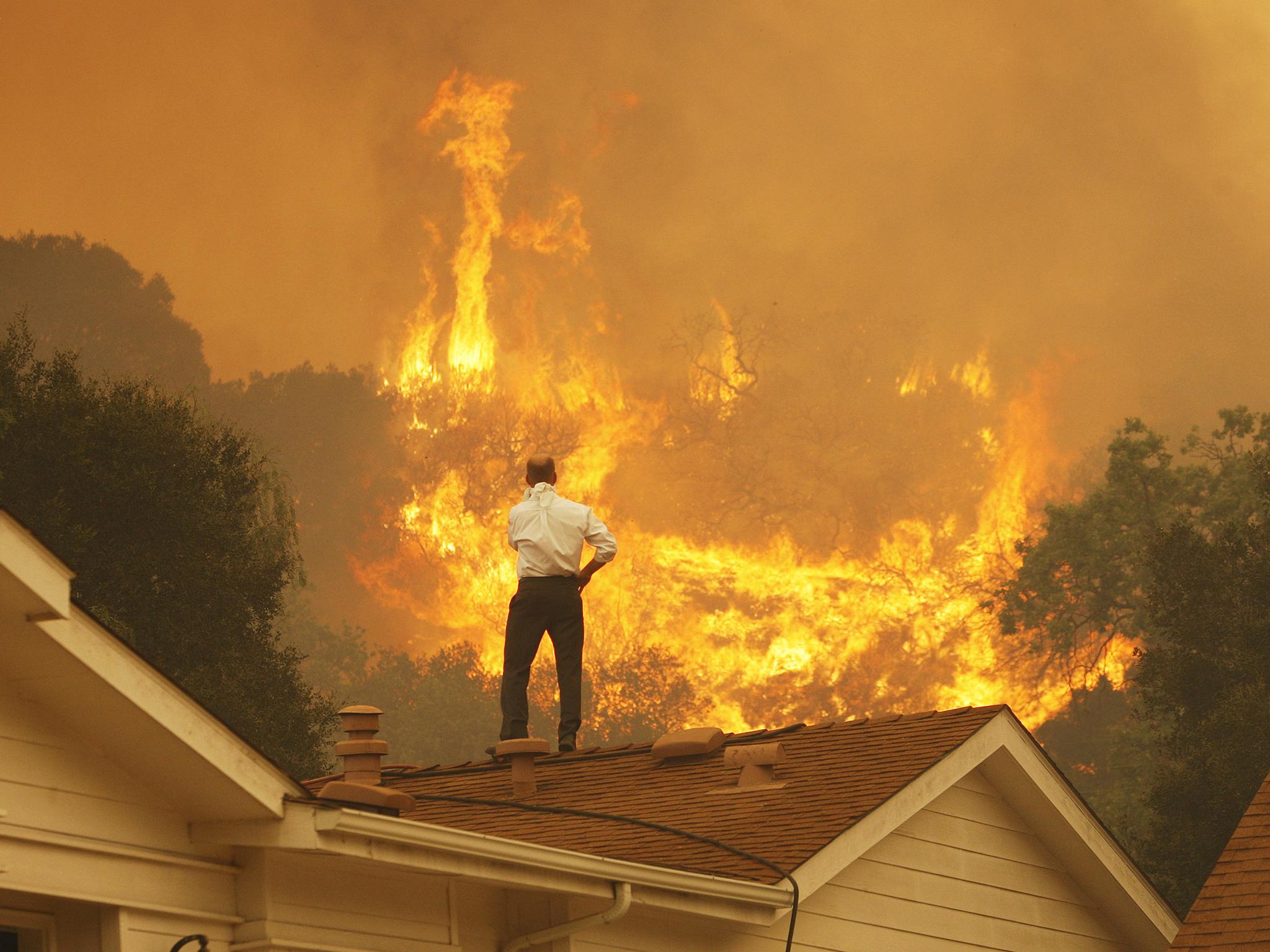
For decades, climate change was an issue shelved in the back of our minds, a problem for the future, but worrying predictions are now becoming a reality. This year will be remembered as the year the world woke up to this impending environmental catastrophe. Global leaders have known about the destructive effects of global warming for decades and failed to act. Far from being a discussion of the science, action on climate change has been bogged down by misinformation and denial.
Climate action has become part of the zeitgeist, yet global emissions keep inching up. Donald Trump digs coal, Russia has made no climate commitment at all and oil-guzzling nations such as Saudi Arabia, the UAE and Kuwait still question the science. Even in the UK, the push to take climate change seriously is still new. For many, the news of impending doom is a bereavement – a calamity we created without being aware of what was happening. Some feel angry, betrayed, and millions around the world are taking to the streets demanding change.
In many ways, 2019 has been the year of action. It saw the rise of Greta Thunberg, school strikes and Extinction Rebellion. Many climate scientists say they feel more hopeful now than ever before. However, time is no longer on our side. We’ve already seen sharp reductions in polar ice, strings of heatwaves and menacing wildfires. Homes have been submerged after extensive flooding in South Yorkshire, while Venice saw the highest tide in 50 years.
A recent Lancet health report found that climate change is already causing health problems in children that will last a lifetime. Without action, escalating emissions will see the next generation dealing with high levels of malnutrition, stunted growth and more vulnerability to infectious diseases.
The issue has never felt more pressing for many scientists witnessing the destruction of our planet’s natural systems. The UK’s own advisory body, the Committee on Climate Change (CCC), has said the UK government is failing to meet almost all of its climate pledges. “Obviously the more recent phenomena of Greta, Attenborough and Extinction Rebellion have changed the terms of the conversation. It is easy to forget that until recently significant parts of government and many Tories were rather lukewarm about spending money on ‘green crap’,” says Dr Robert Gross, from Imperial College London.
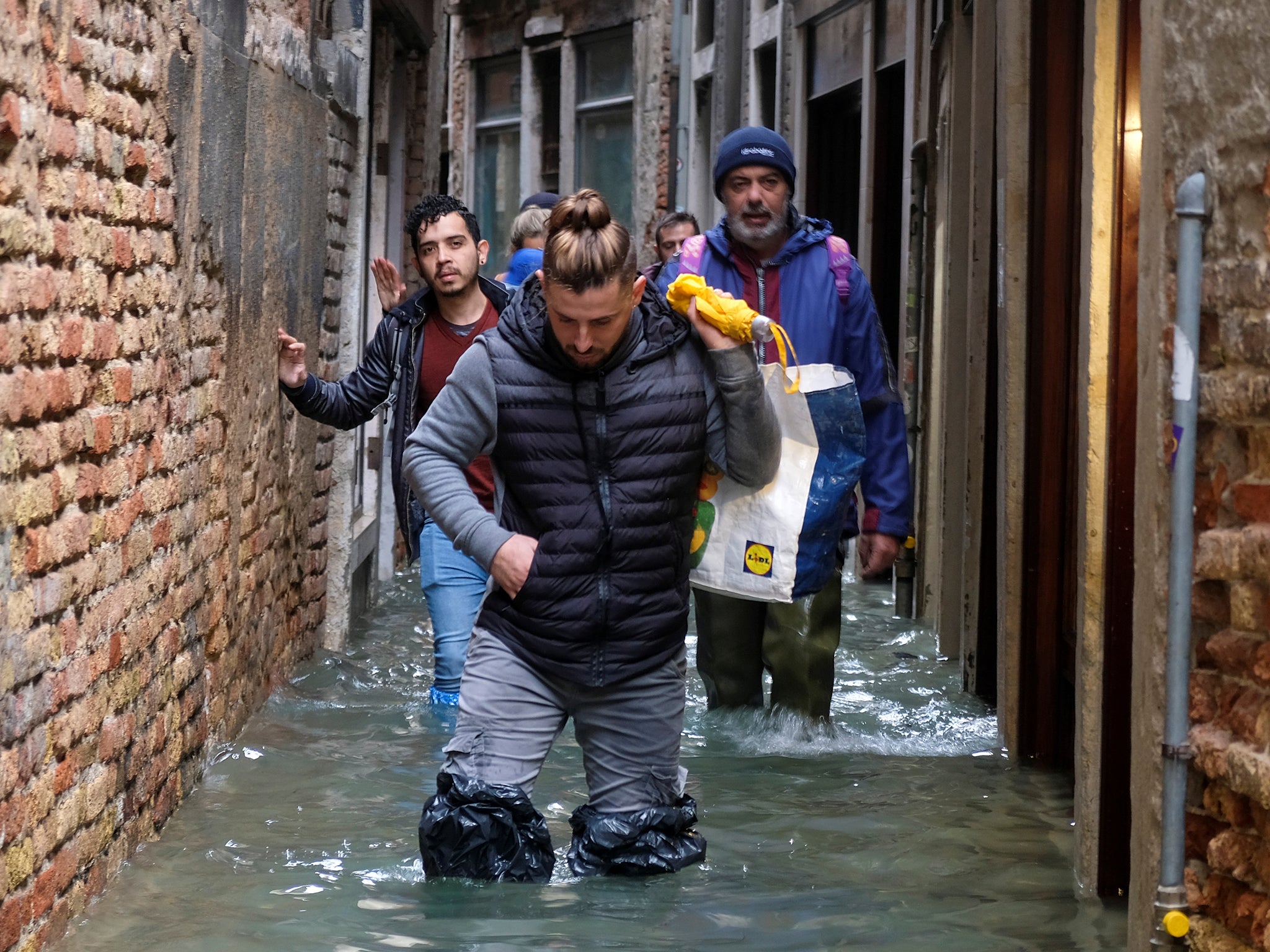
It’s become so bad that a few months ago leading researchers published a letter saying they should be allowed to cry. “We’re documenting destruction of the world’s most beautiful ecosystems, it’s impossible to be detached,” says Tim Gordon, lead author of the letter and a marine biologist from the University of Exeter. “When you spend your life studying places like the Great Barrier Reef or the Arctic ice caps, and then watch them bleach into rubble fields or melt into the sea, it hits you really hard.”
When you spend your life studying places like the Great Barrier Reef or the Arctic ice caps, and then watch them bleach into rubble fields or melt into the sea, it hits you really hard
Localised stories of destruction are being told in all corners of the globe. Reports from the UN’s Intergovernmental Panel on Climate Change (IPCC) seem to get more depressing each year with some warning we could face major environmental catastrophe as soon as 2040. In November, 11,000 climate scientists signed a letter warning of “untold human suffering” if urgent action is not taken.
Scientists have known about disappearing Arctic sea ice and mountain glacier melt since 2000. Changes in Antarctic and Greenland glaciers were first widely reported in the early 2000s.
Professor Andrew Shepherd from the University of Leeds says: “Twenty-nineteen has been a bad year for Earth’s ice; we’ve seen sharp reductions in the extent of sea ice in Antarctica for the first time, record summer melting in Greenland, and the complete loss of mountain glaciers in Iceland. And yet these changes are not unexpected; we have had satellite measurements and climate models for nearly three decades – a generation – and we are still reporting the changes as if they are news.
“Of course it takes some time to interpret satellite observations, but it has been clear for a long time now that the various bits of ice on Earth are melting – whether that’s sea ice, polar ice sheets, or mountain glaciers – and in some cases at accelerating rates.
“Although IPCC reports are important benchmarks, it’s equally important to recognise they are only assessments of science that moves much faster on its own, and the main findings about ice melting are already well known.”
When did people first find out about global warming?
In 1975 the term “global warming” was first mentioned in a peer-reviewed journal. Since then, global emissions have continued to climb as governments all over the world concerned themselves with more immediate issues. But the science started way before that.
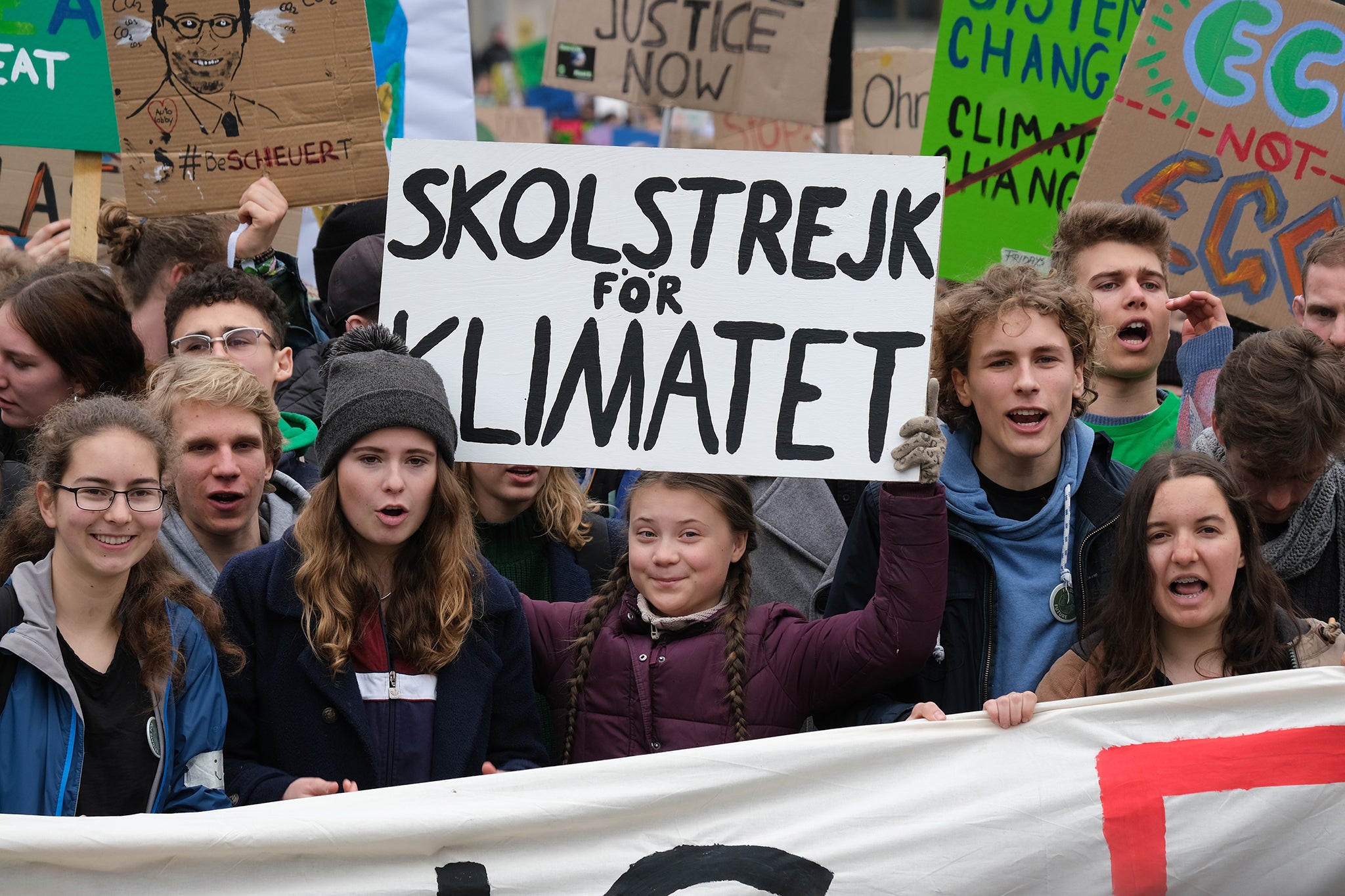
At the start of the 20th century, it was believed that humans could change the climate of a specific area (by chopping down trees, for example) but that it was not possible to do so on a global level. In 1896 an eccentric Swedish scientist called Svante Arrhenius published a paper that laid out the basic workings of the greenhouse effect. He said that the temperature of the atmosphere was dictated by the amount of carbon dioxide in it.
11,000
scientists signed a letter warning of ‘untold human suffering’ if urgent action is not taken
Most people dismissed his findings but slowly momentum built and in 1968 the Stanford Research Institute wrote a paper that warned rising levels of carbon dioxide “could bring about climatic changes” such as sea-level rise. The first global meeting on climate change was in 1979 (the year Margaret Thatcher became prime minister). A lot has changed in the intervening decades but world leaders have made very little progress in cutting emissions – despite the IPCC dishing out dire warnings for the past three decades.
The first one was published in 1990 (the year Tim Berners-Lee created the internet). It already said climate change was probably “the greatest global environmental challenge facing humankind”.
“The IPCC was created with the aim of preventing dangerous climate change but it took more to 25 years to define what dangerous climate change actually meant,” explains Phillip Williamson, from the School of Environment Sciences at the University of East Anglia. “We now know that the definition of dangerous climate change means keeping the climate well below 2C, or preferably no more than 1.5C. We probably had enough information to start making policies in 1990. The Kyoto protocol was in 1997 and that was already saying that the world accepts that there is a problem and we need to slow down and take this seriously.
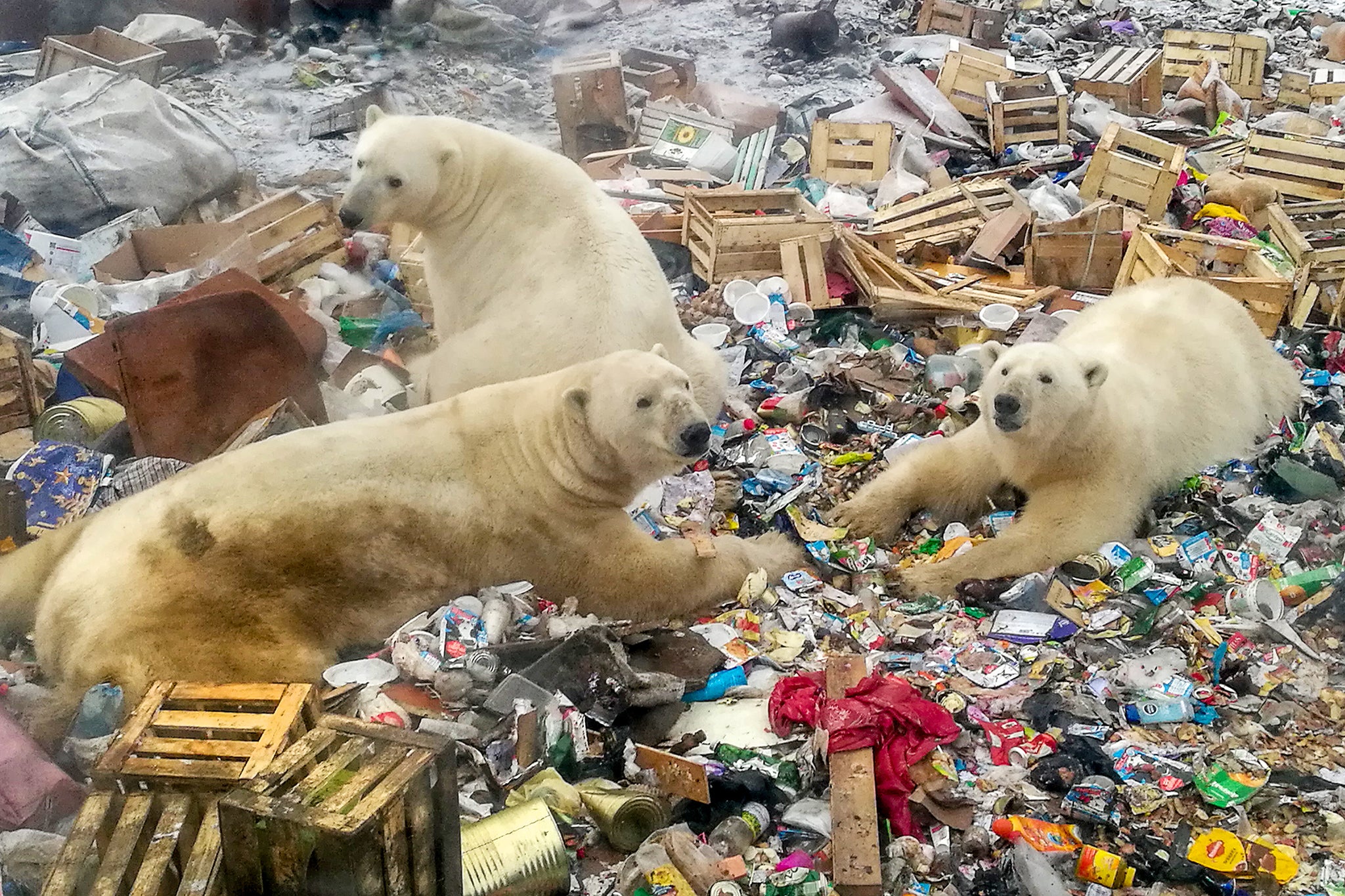
“Ten or 20 years ago the information was probably as reliable as other information on which a whole lot of political decisions are based on,” he says.
In the third assessment report from 2001, scientists warned of “irreversible changes in Earth systems” that would affect the whole world. In 2006, “The Economics of Climate Change: The Stern Review” warned that the cost of coping with climate change would be greater than the cost of preventing it. It said there was still time to avoid the worst impacts of climate change but only if we “take strong action now”.
In 2007, the warnings became starker still. IPCC scientists said they knew that “many millions more people” would be exposed to flooding by the 1980s. The report found that if emissions remain high, 60 per cent of all species would be wiped out by the year 2080 in Europe. Also in 2007, Al Gore and the IPCC shared the Nobel Peace Prize for their work on protecting the future world’s climate.
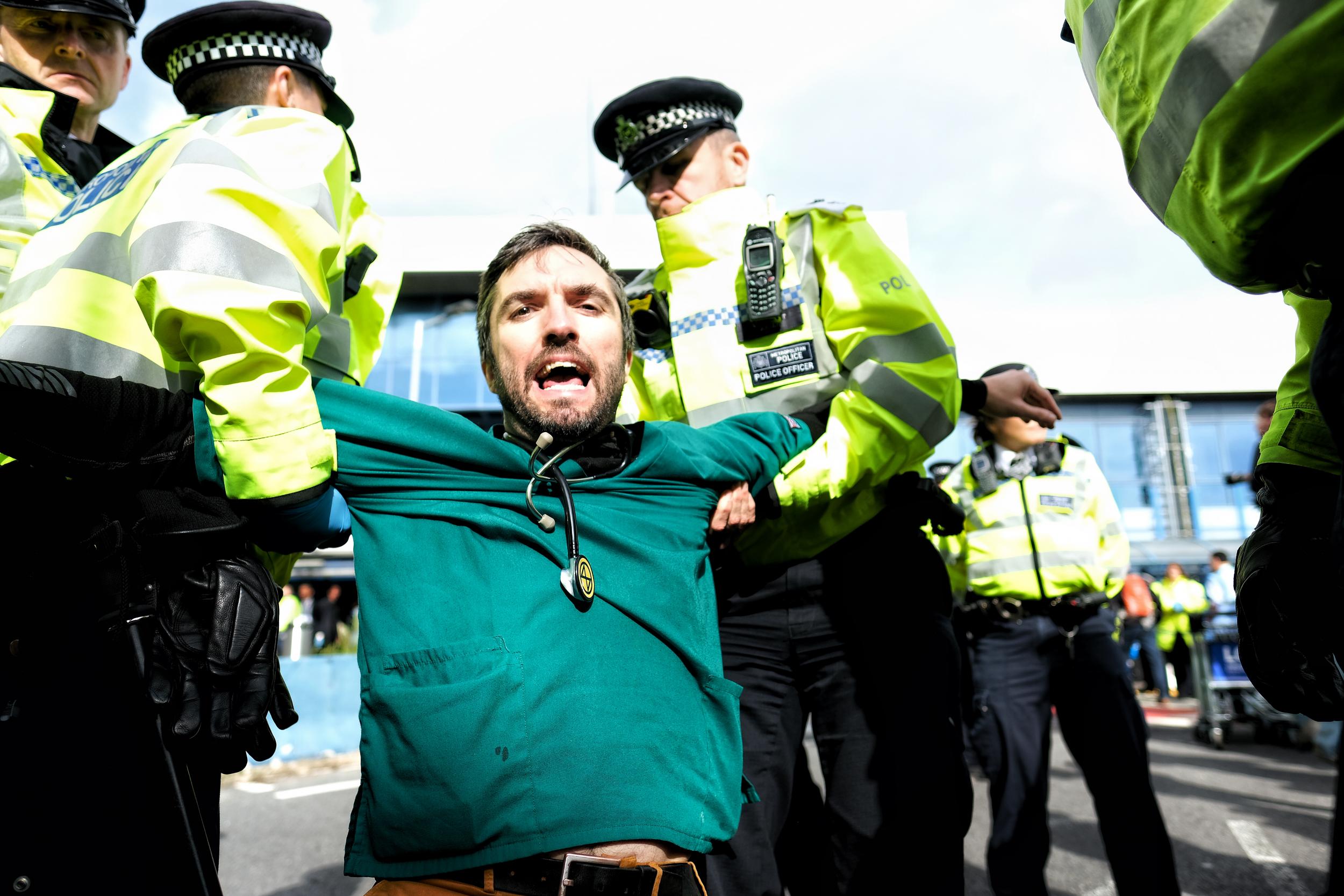
In 2008, the Climate Change Act was created and landmark policy meant the UK would have to reduce emissions by 90 per cent by 2050.
However, high awareness of climate change was wiped out with the financial crisis. In the UK, many climate change policies were seen as too expensive and Amber Rudd made an energy policy “reset” speech focusing on cutting prices, giving environmental promises a back seat. Rural Tory voters did not like onshore wind and there was a manifesto commitment to end subsidies for it.
The whole thing is run by the government like a Dad’s Army operation. We can’t go on with this ramshackle system, which puts huge pressure on individuals, who are reacting well – but the system is not fit for purpose, and doesn’t begin to face the issues
Gross says: “In 2015 the Conservative majority government cut a swathe of policies, this included scrapping the 2015 zero carbon homes target, the Green Deal, the £1bn Carbon Capture and Storage Demonstration Programme, closing support schemes to onshore wind and a number of other measures. Whilst some policies deserved to be scrapped this was quite devastating at the time.”
So where do we stand now?
The Paris Agreement set out global plans to limit warming to 1.5C more than pre-industrial levels. However, only two countries – Gambia and Morocco – are on track to meet their targets. In one of her last acts in office before leaving No 10, Theresa May promised to reach net zero by 2050.
However, the CCC’s annual progress report found the UK has delivered just one of 25 critical policies to get greenhouse gas reductions on track. They found the government is currently doing less to help homes and businesses cope with the challenges of a warming climate than it did 10 years ago – despite declaring a climate emergency.
Conservative party politician Lord Deben said earlier this year: “The whole thing is run by the government like a Dad’s Army operation. We can’t go on with this ramshackle system, which puts huge pressure on individuals, who are reacting well – but the system is not fit for purpose, and doesn’t begin to face the issues.”
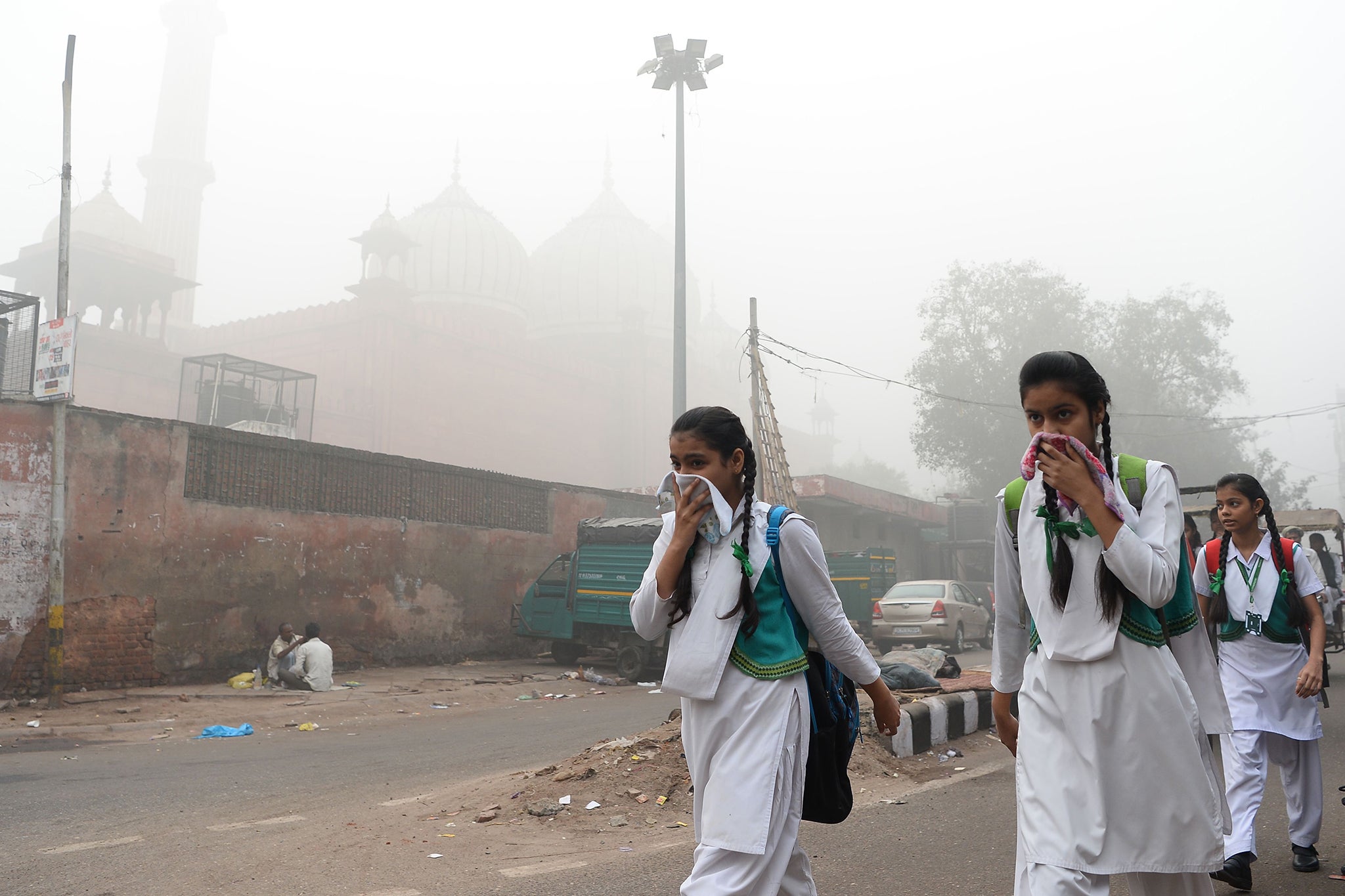
Mainly weary scientists feel more hopeful now than they did at the start of this millennium as people – often powered by youthful exuberance – take to the street demanding change. But time is quickly running out.
David Reay, professor of carbon management at the University of Edinburgh, says: “In 2000 the path to a relatively safe climate future was still open to us, one that would have been so much cheaper and easier than the options we now face. The gently sloping pathway of 2000 is long gone. But in 2019 we still have a choice, we can still deliver on the Paris goals and give ourselves a fighting chance of avoiding the disastrous impacts that come with a more than 2C future.”
He says some important progress has been made in the UK. “The decarbonisation of energy has become one of the biggest wins,” he says. “We’ve seen rates of wind and solar development that we couldn’t have dreamed of 20 years ago, with prices of renewable energy generation falling to levels where they can really compete with, and beat, fossil fuels.”
This transition isn’t all in the future. Fifty per cent of the power sector is low carbon or zero carbon and changes are happening elsewhere such as in transport with the rise of electric vehicles. However – there is still a lot to do – houses will need to be retrofitted with insulation, boilers replaced with heat pumps, we’ll also have to change our diets and dramatically cut down on flying.
Technical progress has made it much more feasible – and often cheaper – to opt for renewable options. There is clearly enough ambition to drastically cut emissions and this needs to be followed up with action, but the clock is ticking. “Our species is breathtakingly innovative, adaptable and determined. It’s our poor time-keeping that has me worried,” says Professor Reay.
Join our commenting forum
Join thought-provoking conversations, follow other Independent readers and see their replies
Comments